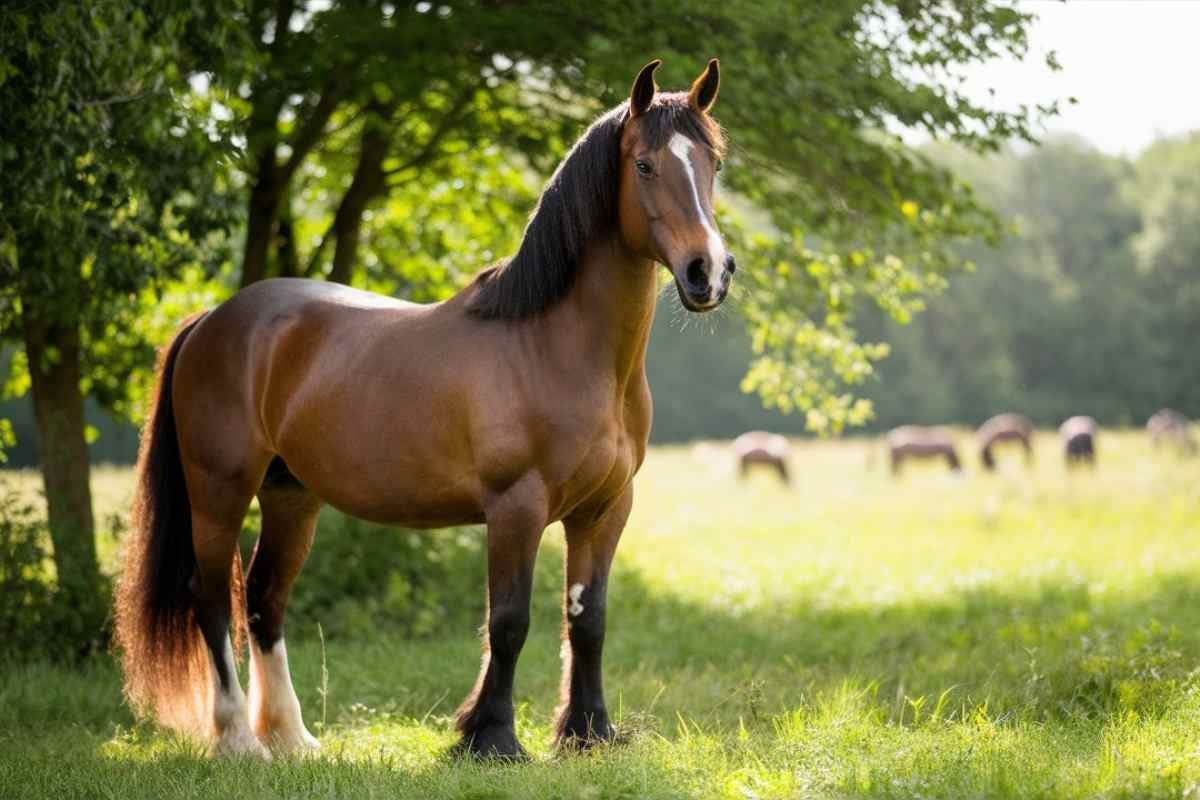Why dachshunds Are The Worst Breed
Table of Contents
Welcome to our in-depth look at dachshunds, a breed with a distinctive appearance and lively personalities that have won over the hearts of dog enthusiasts worldwide.
Despite their popularity, a prevalent perception exists labeling dachshunds as the worst breed of dogs.
This comprehensive analysis aims to explore the factors contributing to this negative stereotype, debunking myths and illuminating the realities Why dachshunds Are The Worst Breed ownership.
The Rise of Dachshund Popularity
Social Media Influence
Exponential Growth
The emergence of social media platforms has propelled dachshunds into the spotlight, showcasing their adorable antics and endearing qualities to millions of viewers worldwide.
Idealized Image
Unfortunately, the portrayal of dachshunds on social media often paints an unrealistic picture of their temperament and care requirements, leading to misconceptions among prospective owners.
Understanding Why dachshunds Are The Worst Breed

Historical Background
Hunting Heritage
Dachshunds were originally bred for hunting small game, such as badgers and rabbits, a trait that still influences their behavior today.
Prey Drive
Their innate hunting instincts can manifest as aggression or stubbornness, particularly if not properly channeled through training and socialization.
Intelligence and Independence
Smart, Yet Stubborn
Dachshunds are undeniably intelligent dogs, but their independent nature can make them challenging to train.
They may choose to ignore commands or engage in willful disobedience if they perceive training sessions as uninteresting or unnecessary.
Attention-Seeking Behavior
Affectionate, Yet Demanding
Dachshunds thrive on attention and can become destructive if they feel neglected. This behavior stems from their deep loyalty to their owners and their desire for constant companionship.
Health Concerns and Care Requirements
Spinal Health Issues
Unique Physique
The elongated bodies of dachshunds make them prone to spinal problems, including intervertebral disc disease (IVDD), which can cause pain and mobility issues if left untreated.
Proper Weight Management
Maintaining a healthy weight is crucial for dachshunds to prevent added strain on their delicate spines. Proper diet and regular exercise are essential for their overall well-being.
Grooming Needs

Coat Care
Despite their short coats, dachshunds require regular grooming to prevent matting and minimize shedding. Brushing their coats and trimming their nails are essential tasks for maintaining their hygiene and appearance.
Dental Care
Dachshunds are prone to dental issues, so regular teeth brushing and professional dental cleanings are necessary to prevent oral health problems.
Debunking Myths About Dachshunds
Aggressive Nature
Misconceptions
The negative stereotype of dachshunds as an aggressive breed stems from their hunting heritage and can be perpetuated by untrained or poorly socialized dogs.
Proper Training
With proper training, dachshunds can be friendly and well-behaved, just like any other breed.
Difficult to Housebreak
Stubbornness
Dachshunds may require more patience and consistency in housebreaking, but with proper training, they can be successfully potty-trained.
Small Bladder Size
Due to their small size, dachshunds have smaller bladders, meaning they may need to go outside more frequently than larger breeds.
Training and Socialization Strategies
Positive Reinforcement
Patience and Consistency
Positive reinforcement techniques, such as rewards and praise, are effective in motivating dachshunds during training sessions. Consistency and patience are key to overcoming their stubborn tendencies.
Socialization from an Early Age
Exposure to Different People and Environments
Dachshunds can be wary of strangers, making early socialization and exposure to different people and environments critical for preventing fear-based aggression.
Addressing Common Misconceptions
Loyalty and Aggression
Misunderstood Loyalty
Dachshunds are fiercely loyal to their families but may display aggression towards strangers or other animals if not properly socialized.
Mitigating Aggressive Behavior
Proper training and supervision can help dachshunds learn appropriate social behavior and reduce the likelihood of aggressive incidents.
Exercise Needs
Moderate Exercise Requirements
While dachshunds may not require extensive physical activity, regular walks and interactive play sessions are essential for their mental and physical stimulation.Neglecting their exercise needs can lead to boredom and behavioral problems.
Responsible Breeding Practices and Ethical Considerations

Breeding Standards
Temperament Evaluation
Responsible breeders prioritize temperament and health when selecting breeding pairs to produce well-adjusted and genetically sound dachshund puppies.
Health Screening
Genetic testing and health screenings help identify potential hereditary conditions and reduce the risk of passing on health problems to future generations.
Ethical Responsibilities
Commitment to Care
Prospective dachshund owners must understand the responsibilities involved in caring for a dachshund, including providing proper nutrition, veterinary care, and socialization.
Adoption Considerations
Adoption from reputable shelters and rescue organizations offers an opportunity to provide a loving home to dachshunds in need while promoting responsible pet ownership.
Conclusion
In conclusion, the negative stereotype labeling “Why dachshunds Are The Worst Breed” of dogs is rooted in misconceptions stemming from their hunting heritage, independent nature, and unique health concerns.
Through understanding their behavior, proper training, and responsible ownership, these misconceptions can be debunked.
Dachshunds, with their loyalty, intelligence, and affectionate nature, make wonderful companions when provided with the right care and environment.
By addressing these misconceptions and promoting responsible breeding and ownership practices, we can ensure that dachshunds receive the love, attention, and care they deserve while fostering a deeper appreciation for this beloved breed among dog enthusiasts worldwide.
FAQs
Are dachshunds really the worst breed of dogs?
Seeing dachshunds as the worst breed is a personal opinion, influenced by individual experiences. Their charming traits make them loved by many.
What are some common misconceptions about dachshunds?
Dachshunds require careful management and training due to their hunting instincts and independence, which can lead to behavioral challenges.
Are dachshunds aggressive dogs?
Dachshunds may become aggressive if not properly socialized or trained, due to their high prey drive and protective instincts.
How can I address behavioral issues in my dachshund?
Training, positive reinforcement, and socialization help fix dachshunds’ behavioral issues; professional advice is valuable.
What are some health concerns associated with dachshunds?
To maintain a Dachshund’s health and prevent spinal issues like IVDD, it’s crucial to keep them at a proper weight, ensure they get regular exercise, and provide regular veterinary care.






Post Comment